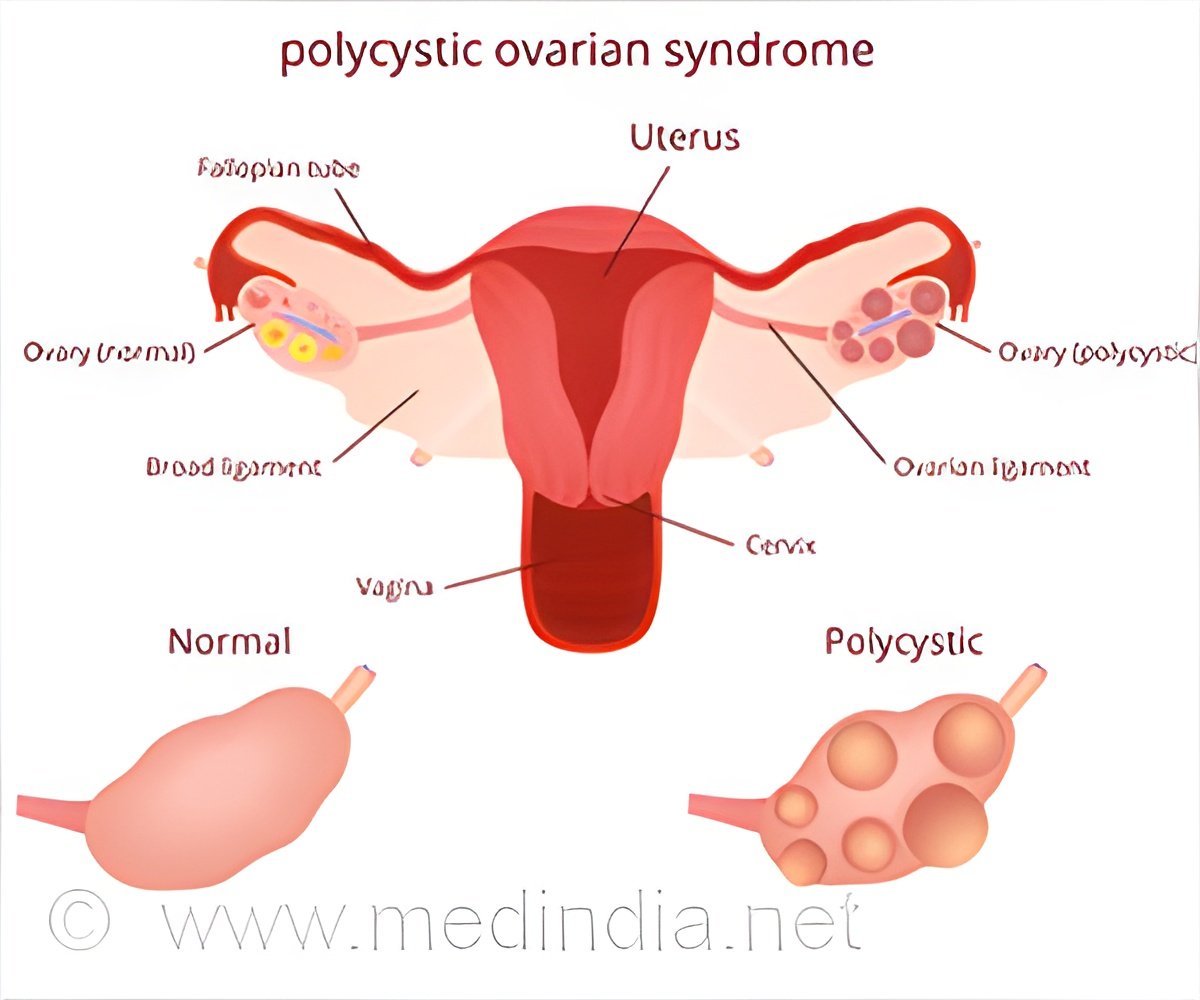Struggling with Polycystic Ovarian Syndrome (PCOS)-related infertility? A groundbreaking trial aims to restore ovulation with a device that could revolutionize fertility care.

- Polycystic ovarian syndrome (PCOS) affects 10% of women of reproductive age and is the most common cause of ovulation-related infertility
- May Health’s experimental device offers a minimally invasive, outpatient alternative for women resistant to current fertility treatments
- The REBALANCE trial aims to measure ovulation rates, pregnancy outcomes, and long-term benefits of the device
Women with polycystic ovarian syndrome (PCOS) often face fertility-related concerns. Physicians at the University of Oklahoma Health Sciences in Oklahoma City are leading a national clinical trial to assist women with PCOS-related infertility who desire to conceive.
The REBALANCE trial investigates the safety and efficacy of May Health’s experimental device, which is aimed at restoring ovulation disturbed by PCOS. OU Health reproductive endocrinologist Karl Hansen, M.D., Ph.D., chair of the Department of Obstetrics and Gynecology at the OU College of Medicine, is directing the trial for the university and was the first clinician in the US to use the device.
“Polycystic ovarian syndrome is a prevalent endocrine disease that affects roughly 10% of all women of reproductive age,” Hansen explained, “and it is the most common cause of infertility due to ovulation failure. It is thrilling to be researching a new potential therapy option for women experiencing PCOS-related infertility.
“It also highlights the importance of academic medicine,” the doctor said. “We’re not here to only provide the care that we already know; we’re here to push the envelope and develop new understandings and treatments.”
What is Polycystic Ovarian Syndrome (PCOS)?
PCOS is a hormonal imbalance caused by the ovaries overproducing androgens, a sex hormone that is essential for reproductive health. Androgen overproduction causes a cascade of processes that culminate in irregular or absent ovulation.
Treatment of Polycystic Ovarian Syndrome (PCOS)
According to Hansen, over 80% of women with PCOS react to oral medicines targeted to induce ovulation, with up to 50% achieving pregnancy. However, about 20% of women do not ovulate after using the drugs. Gonadotropin injections are an alternate treatment that requires frequent monitoring and exact dosage modifications. Another option is laparoscopic ovarian drilling, which involves inserting a needle-like device through small abdominal incisions to deliver laser or radiofrequency energy to an ovary with the goal of restoring ovulation. However, this technique has declined in popularity, according to Hansen.
Minimally Invasive Device for Ovulation Induction in Women with Polycystic Ovarian Syndrome (PCOS)
May Health’s experimental gadget intends to induce ovulation in women with PCOS-related infertility using a minimally invasive outpatient procedure. The gadget is linked to a probe routinely used in transvaginal ultrasounds, which evaluates the ovary before providing electrothermal energy to execute the necessary number of ablations on it.
Advertisement
The REBALANCE trial will enrol about 195 patients with PCOS-related infertility from several sites around the United States. Researchers will determine how frequently women ovulate following the operation. Secondary outcomes will be measured, including the pregnancy rate following the surgery, other PCOS symptoms, and how long the procedure’s benefits last. OU Health Sciences is leading the trial in collaboration with the University of Pennsylvania.
“We are glad to be partnering with May Health to offer this trial to patients with PCOS-related infertility,” says Hansen. “Most women with PCOS come to us because they are attempting to conceive. For the fraction of women who do not react to oral medicines, evaluating an investigational device is an intriguing development.
Advertisement
References:
- THE ULTRA TRIAL: TRANSVAGINAL ULTRASOUND-GUIDED OVARIAN ABLATION USING THE MAY HEALTH SYSTEM IN WOMEN WITH POLYCYSTIC OVARY SYNDROME (PCOS)-RELATED INFERTILITY: UP TO TWELVE MONTHS FOLLOW UP
(THE ULTRA TRIAL: TRANSVAGINAL ULTRASOUND-GUIDED OVARIAN ABLATION USING THE MAY HEALTH SYSTEM IN WOMEN WITH POLYCYSTIC OVARY SYNDROME (PCOS)-RELATED INFERTILITY: UP TO TWELVE MONTHS FOLLOW UP
Hansen, Karl R. et al.
Fertility and Sterility, Volume 120, Issue 4, e291)
Source-Medindia



